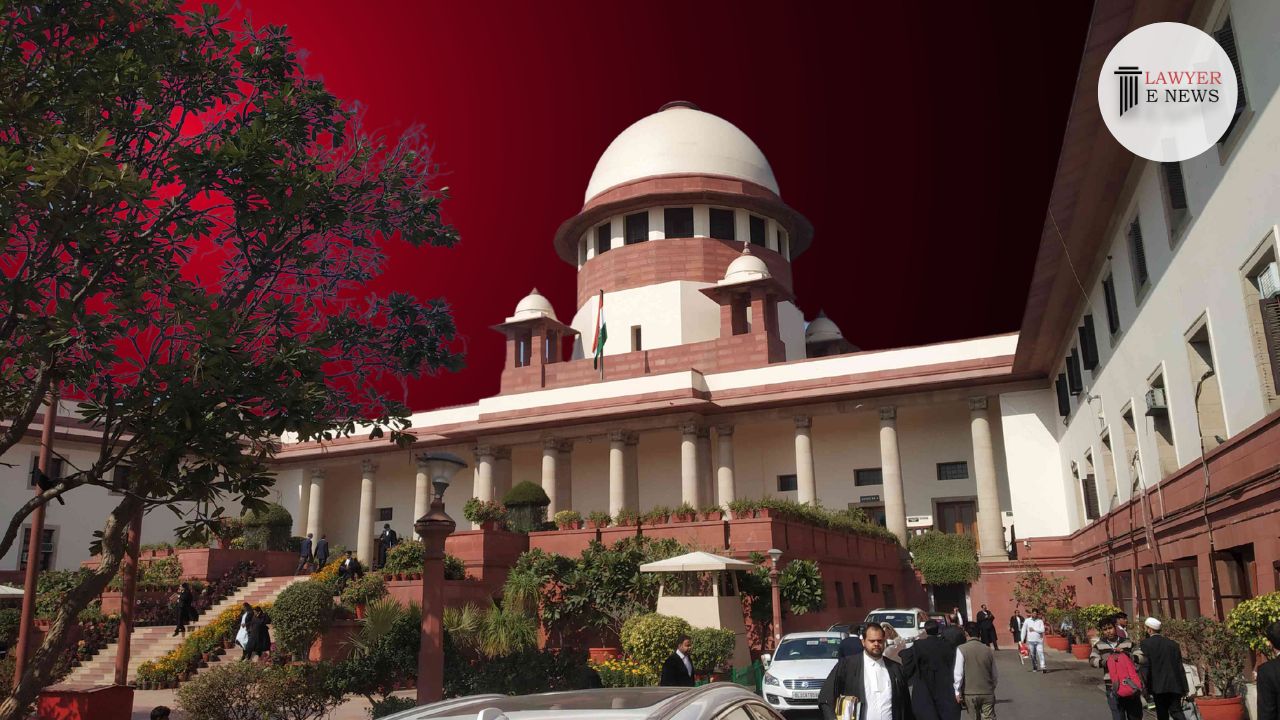-
by Admin
16 February 2026 1:47 PM



In a latest judgment, the Supreme Court of India acquitted an appellant, Krishan, in a murder case underlining the principle of ‘benefit of doubt’ due to suspicious recovery of the weapon and unreliable eyewitness testimony. The case, presided over by Justices Abhay S. Oka and Ujjal Bhuyan, was decided on January 25, 2024, under Criminal Appeal No. 2351 of 2011.
Krishan was initially convicted for the offences under Section 302 of the Indian Penal Code and Section 25 of the Arms Act, along with co-accused Mahesh, and sentenced to life imprisonment. The conviction primarily hinged on the recovery of a weapon and the accounts of two eyewitnesses, who later turned hostile.
In its decision, the Supreme Court observed, “As neither PW-1 nor PW-3 supported the prosecution, what remains to be considered is only the evidence of alleged recovery at the instance of the appellant.” The judgment further noted the inconsistencies in the recovery of the weapon, stating, “The recovery was made from open space in a garden... the place was easily accessible to many.”
Highlighting the critical aspects of the investigation, the Court remarked, “The police have not investigated the role played by the said Naresh Yadav, who, according to PW-2, the brother of the deceased, was on inimical terms with the deceased.” This lack of thorough investigation into alternative suspects and motives significantly weakened the prosecution’s case.
The Supreme Court, in its judgment, underscored the importance of reliable evidence and thorough investigation in criminal cases, reiterating that doubts should be resolved in favor of the accused. “The benefit of doubt must be extended to the appellant,” the judgment declared, leading to Krishan’s acquittal.
Date of Decision: 25 January 2024
KRISHAN VS STATE OF HARYANA
